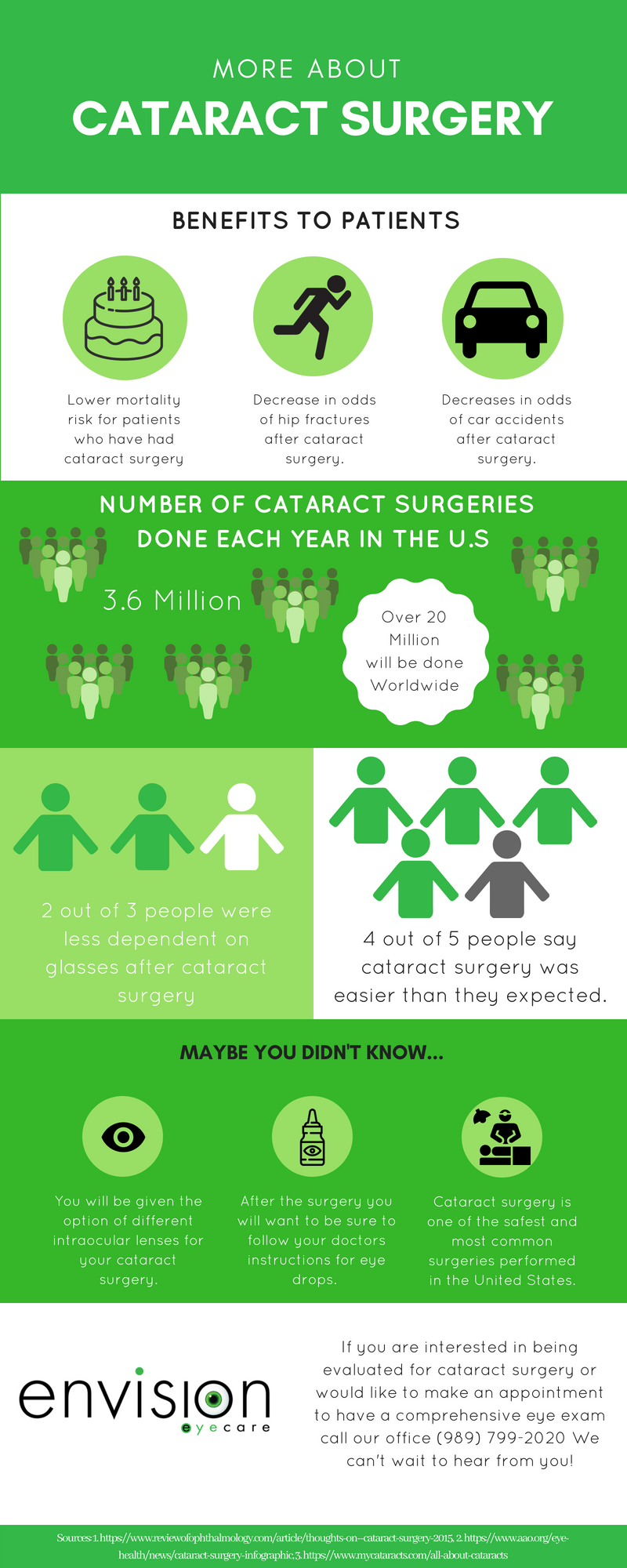SMILE Eye Surgical Procedure Supplies A Minimally Invasive Method To Remedy Vision, Yet What Are The Potential Dangers And Recovery Information You Require To Know?

Developed By-Snow Cleveland
If you're considering vision modification options, SMILE eye surgical procedure may be on your radar. This innovative procedure includes producing a small lenticule in the cornea to deal with nearsightedness and astigmatism. Unlike typical LASIK, it's less invasive and guarantees quicker healing. However, while there are substantial benefits, there are likewise dangers included. Comprehending both aspects can aid you make an enlightened choice regarding your eye wellness. What's the recuperation process like, and what should you expect?
Understanding the SMILE Procedure
The SMILE procedure, or Tiny Cut Lenticule Extraction, is a minimally invasive eye surgery created to correct vision problems like nearsightedness and astigmatism.
During this treatment, a laser produces a tiny lenticule, or lens-shaped tissue, within the cornea. You won't need any type of stitches, as the little laceration permits a quick healing.
The doctor then eliminates the lenticule through this tiny cut, reshaping your cornea to improve your vision. Unlike traditional LASIK, SMILE does not need the production of a big flap, which can cause less issues.
You'll find that this technique is much less disruptive to the corneal structure, possibly boosting security. Understanding the treatment assists you feel a lot more confident as you consider your choices for vision adjustment.
Conveniences of SMILE Eye Surgical Procedure
While considering vision improvement options, you might find that SMILE eye surgery provides several compelling advantages.
First, it's minimally invasive, calling for just a small laceration, which indicates much less disturbance to your eye framework. This results in quicker recovery times and less pain compared to typical LASIK.
You'll also value its accuracy; SMILE utilizes sophisticated laser modern technology to reshape the cornea, providing excellent results for nearsightedness and astigmatism.
Additionally, many individuals report improved visual quality, with fewer instances of glow or halos. Since there's no requirement for a corneal flap, your eyes stay extra secure post-surgery.
Lastly, Refractive Surgery Downtime Explained takes simply a few mins, permitting you to go back to your day-to-day tasks much faster than with other approaches.
Possible Dangers and Recuperation Process
Although SMILE eye surgical procedure is usually risk-free, it is essential to be familiar with potential dangers that can arise during or after the treatment. Some people might experience short-term negative effects like dry eyes, glare, or halos around lights.
In rare instances, problems such as infection, vision loss, or the requirement for added surgery can take place.
https://www.menshealth.com/health/a21562470/lasik-eye-surgery-risks/ entails a couple of days of rest and preventing laborious activities. You must follow your specialist's post-operative instructions carefully, consisting of utilizing suggested eye decreases and participating in follow-up consultations.
Numerous clients discover enhanced vision within a couple of days, however full healing can take weeks. Remaining patient and providing your eyes time to recover is essential for the best end result.
Conclusion
In conclusion, SMILE eye surgical procedure supplies a modern, minimally invasive alternative for fixing nearsightedness and astigmatism. With its quicker recovery time and decreased pain, it's an attractive selection for many. However, it's essential to weigh the possible threats against the benefits. By remaining educated and complying with post-operative treatment, you can maximize your opportunities of an effective outcome. If you're considering this procedure, consult with your eye treatment professional to establish if it's right for you.

